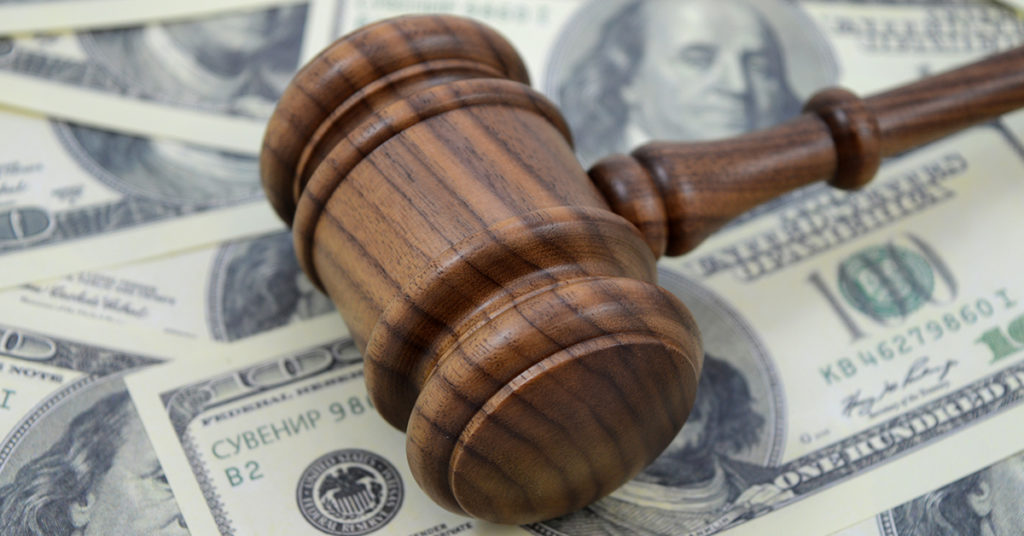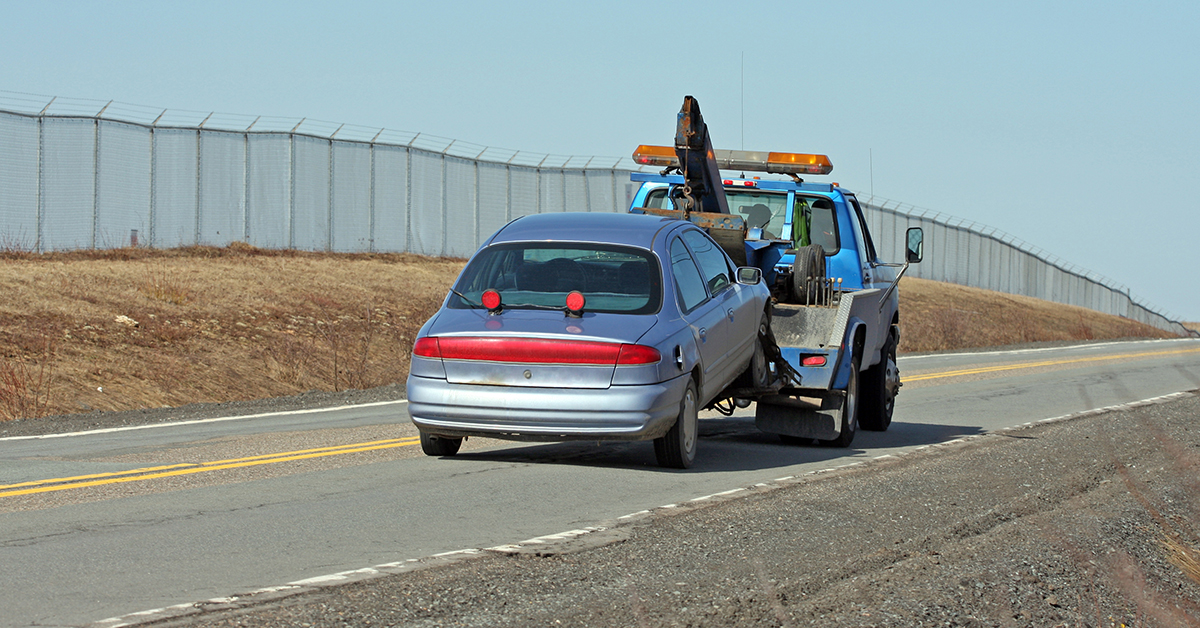
A recent vehicle repossession class action lawsuit filed in the Lycoming County Court of Common Pleas on behalf of Pennsylvania consumers, asserted that repossession notices sent by a Buy-Here, Pay-Here car dealership and its finance company violated the borrower’s consumer rights. The class action provided for debt forgiveness, credit report correction, and a cash award to all class members.
Cy Pres Award to North Penn Legal Services
Residual funds, which result from uncashed or non-distributable funds to class members, were awarded to North Penn Legal Services (NPLS), a provider of free civil legal assistance to low-income residents of Northeastern Pennsylvania. These funds are designated as cy pres.
NPLS strives to solve civil legal problems and empower vulnerable populations through professional legal representation, advocacy, and education. NPLS will direct the cy pres funds to continue their work in assisting disadvantaged consumers in Northeastern Pennsylvania.
NPLS will direct the cy pres funds to continue their work in assisting disadvantaged consumers in Northeastern Pennsylvania.
Pictured (l-r): Edward G. Schirra, CFO, and Lori Molloy, Esq. of North Penn Legal Services, and Andy Milz, Esq. of Flitter Milz, P.C.
Experienced Class Action Counsel
 Flitter Milz, P.C. is a leading consumer protection law firm that pursues class action lawsuits to help people who have been victim to wrongful repossessions, credit report errors, solar panel financing fraud, unfair collection practices, or other types of consumer fraud. Flitter Milz has been recognized for the pursuit of high-profile cases, often involving complex consumer law issues, that have made law and benefited consumers nationwide. Pictured above: Attorneys Cary Flitter (center), Andy Milz (left), Jody López-Jacobs (right).
Flitter Milz, P.C. is a leading consumer protection law firm that pursues class action lawsuits to help people who have been victim to wrongful repossessions, credit report errors, solar panel financing fraud, unfair collection practices, or other types of consumer fraud. Flitter Milz has been recognized for the pursuit of high-profile cases, often involving complex consumer law issues, that have made law and benefited consumers nationwide. Pictured above: Attorneys Cary Flitter (center), Andy Milz (left), Jody López-Jacobs (right).

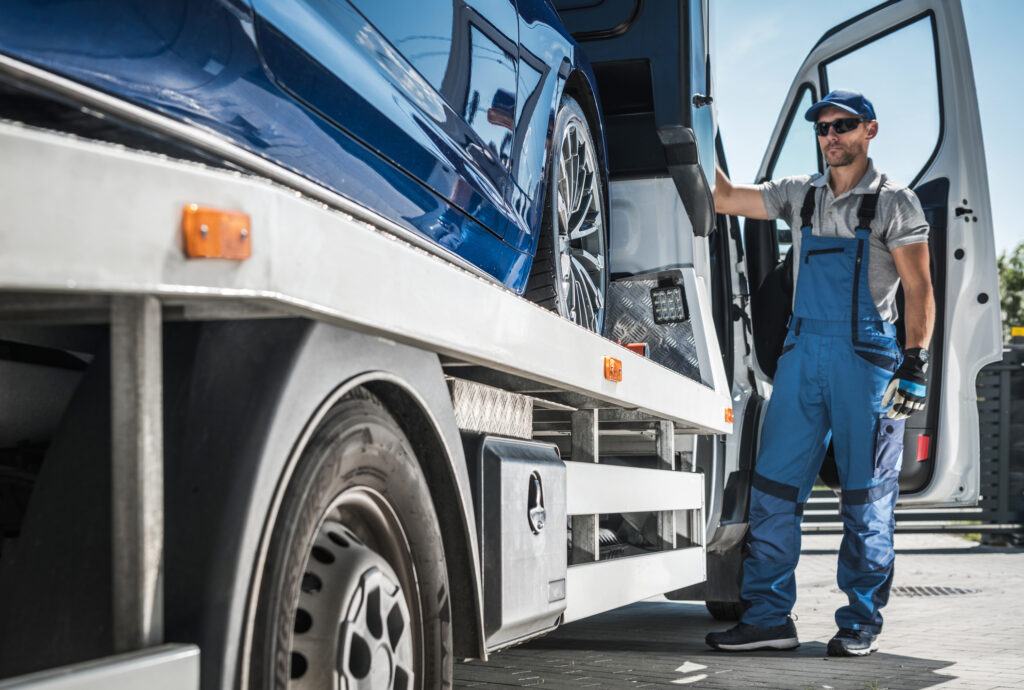


 The lender may attempt to collect the deficient balance from the borrower or assign the collection to an agency or collection law firm. If the debt is not collected, the lender may choose to file a lawsuit against the borrower.
The lender may attempt to collect the deficient balance from the borrower or assign the collection to an agency or collection law firm. If the debt is not collected, the lender may choose to file a lawsuit against the borrower. Judgments are dangerous. The lender attempt collection of the judgment through bank attachment, seizure of property, or in many states, wage garnishment.
Judgments are dangerous. The lender attempt collection of the judgment through bank attachment, seizure of property, or in many states, wage garnishment. Andy Milz is a contributing author to REPOSSESSION, National Consumer Law Center (10th ed. 2022) Carolyn Carter, Andrew Milz, et. al., considered the leading
Andy Milz is a contributing author to REPOSSESSION, National Consumer Law Center (10th ed. 2022) Carolyn Carter, Andrew Milz, et. al., considered the leading 

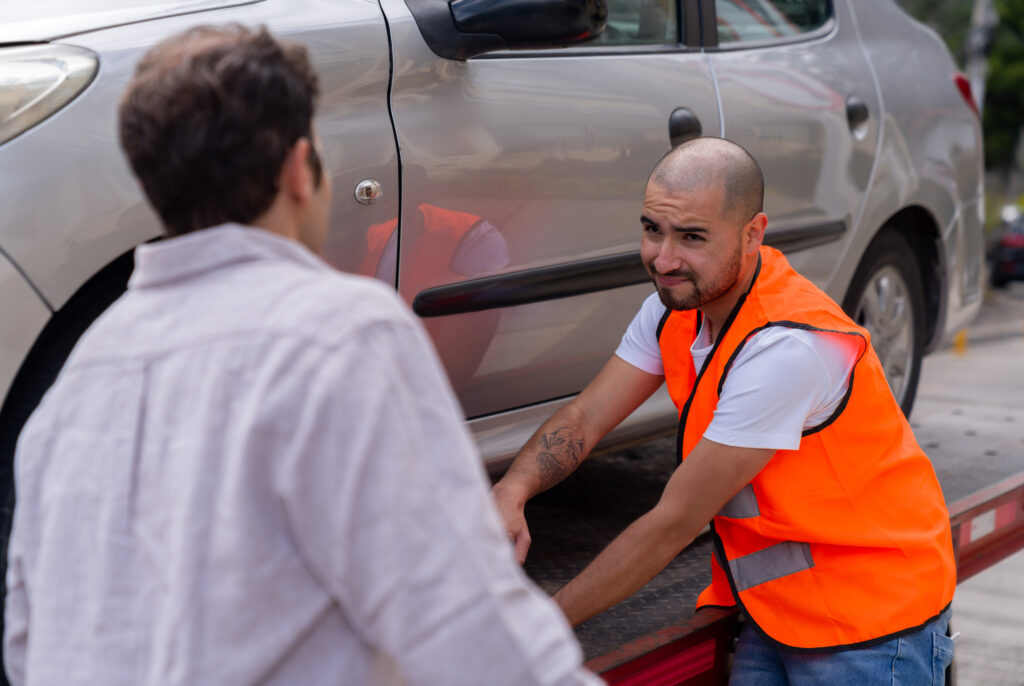
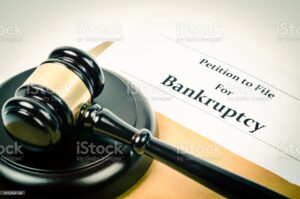 However, there is a complicated intersection between auto finance law and bankruptcy. Before taking any action, borrowers must understand the implications of bankruptcy and be able to determine the most prudent steps to take before and after a vehicle has been repossessed. In general, merely having your car or truck repossessed is not enough to warrant filing for bankruptcy. Let’s try to simplify it.
However, there is a complicated intersection between auto finance law and bankruptcy. Before taking any action, borrowers must understand the implications of bankruptcy and be able to determine the most prudent steps to take before and after a vehicle has been repossessed. In general, merely having your car or truck repossessed is not enough to warrant filing for bankruptcy. Let’s try to simplify it. If your car was already repossessed, you have other rights as a consumer borrower, separate from any bankruptcy proceeding. Bankruptcy is only one tool or avenue if your car or truck has been repossessed – and it might, or might not, be right for your specific situation. Consult with an experienced consumer lawyer to understand your options outside of a bankruptcy.
If your car was already repossessed, you have other rights as a consumer borrower, separate from any bankruptcy proceeding. Bankruptcy is only one tool or avenue if your car or truck has been repossessed – and it might, or might not, be right for your specific situation. Consult with an experienced consumer lawyer to understand your options outside of a bankruptcy. If you’re concerned that the lender my repossess your vehicle, or perhaps thinking of filing bankruptcy to get your car back after repossession,
If you’re concerned that the lender my repossess your vehicle, or perhaps thinking of filing bankruptcy to get your car back after repossession, 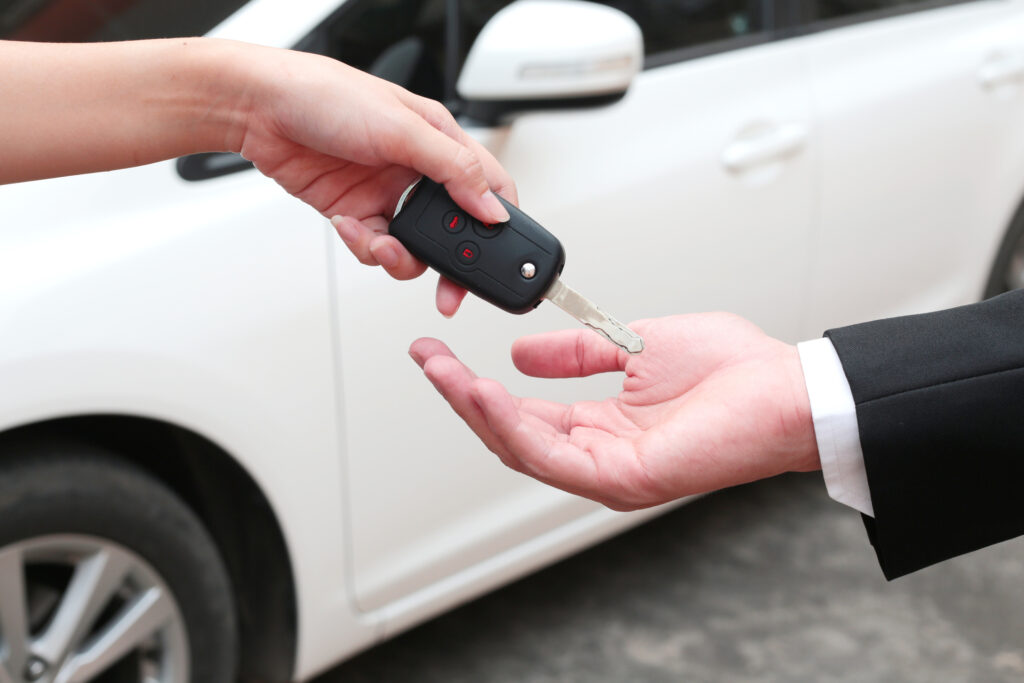 While most repossessions are initiated by the lender, sometimes it’s the borrower that decides to voluntarily surrender his or her vehicle. Whether or not, after a repossession it’s important for the borrower to understand his or her financial responsibility to satisfy the loan once the lender has taken possession of the vehicle.
While most repossessions are initiated by the lender, sometimes it’s the borrower that decides to voluntarily surrender his or her vehicle. Whether or not, after a repossession it’s important for the borrower to understand his or her financial responsibility to satisfy the loan once the lender has taken possession of the vehicle.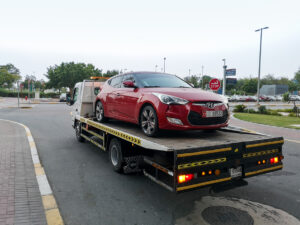 can’t meet the terms agreed upon in their auto loan agreement.
can’t meet the terms agreed upon in their auto loan agreement. First, after taking back the vehicle, the lender will send a repossession notice, or
First, after taking back the vehicle, the lender will send a repossession notice, or 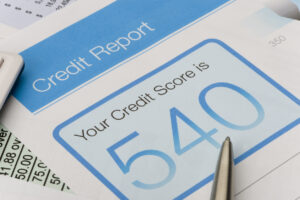
 Flitter Milz is a nationally recognized consumer protection law firm that pursues matters against banks, credit unions and financial institutions for the wrongful repossession of cars, truck, motorcycles, RVs and boats.
Flitter Milz is a nationally recognized consumer protection law firm that pursues matters against banks, credit unions and financial institutions for the wrongful repossession of cars, truck, motorcycles, RVs and boats. 
 J
J
 2. Obtain Current Credit Reports. Transunion, Experian and Equifax are the three main credit reporting agencies. Consumers are entitled to receive one free credit report from each bureau every year. Sometimes, consumers choose to enroll in a credit monitoring service which enables review of credit reports on a regular basis throughout the year.
2. Obtain Current Credit Reports. Transunion, Experian and Equifax are the three main credit reporting agencies. Consumers are entitled to receive one free credit report from each bureau every year. Sometimes, consumers choose to enroll in a credit monitoring service which enables review of credit reports on a regular basis throughout the year. 4. If Inaccurate…Dispute! After obtaining your credit report, if there are errors, you should
4. If Inaccurate…Dispute! After obtaining your credit report, if there are errors, you should  One Dispute Letter Per Error. If you find multiple errors on a credit report, dispute them individually with the bureau. Enclose a copy of the credit report with the error highlighted and your supporting documents. The credit bureaus then have 30 days to respond to your dispute letter.
One Dispute Letter Per Error. If you find multiple errors on a credit report, dispute them individually with the bureau. Enclose a copy of the credit report with the error highlighted and your supporting documents. The credit bureaus then have 30 days to respond to your dispute letter.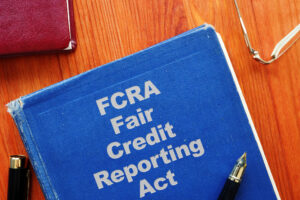 The Fair Credit Reporting Act
The Fair Credit Reporting Act  Flitter Milz, P.C. represents people in consumer credit matters related to credit reporting accuracy and privacy, abusive debt collection contact and vehicle repossessions which stem from a pending divorce or separation.
Flitter Milz, P.C. represents people in consumer credit matters related to credit reporting accuracy and privacy, abusive debt collection contact and vehicle repossessions which stem from a pending divorce or separation. 

